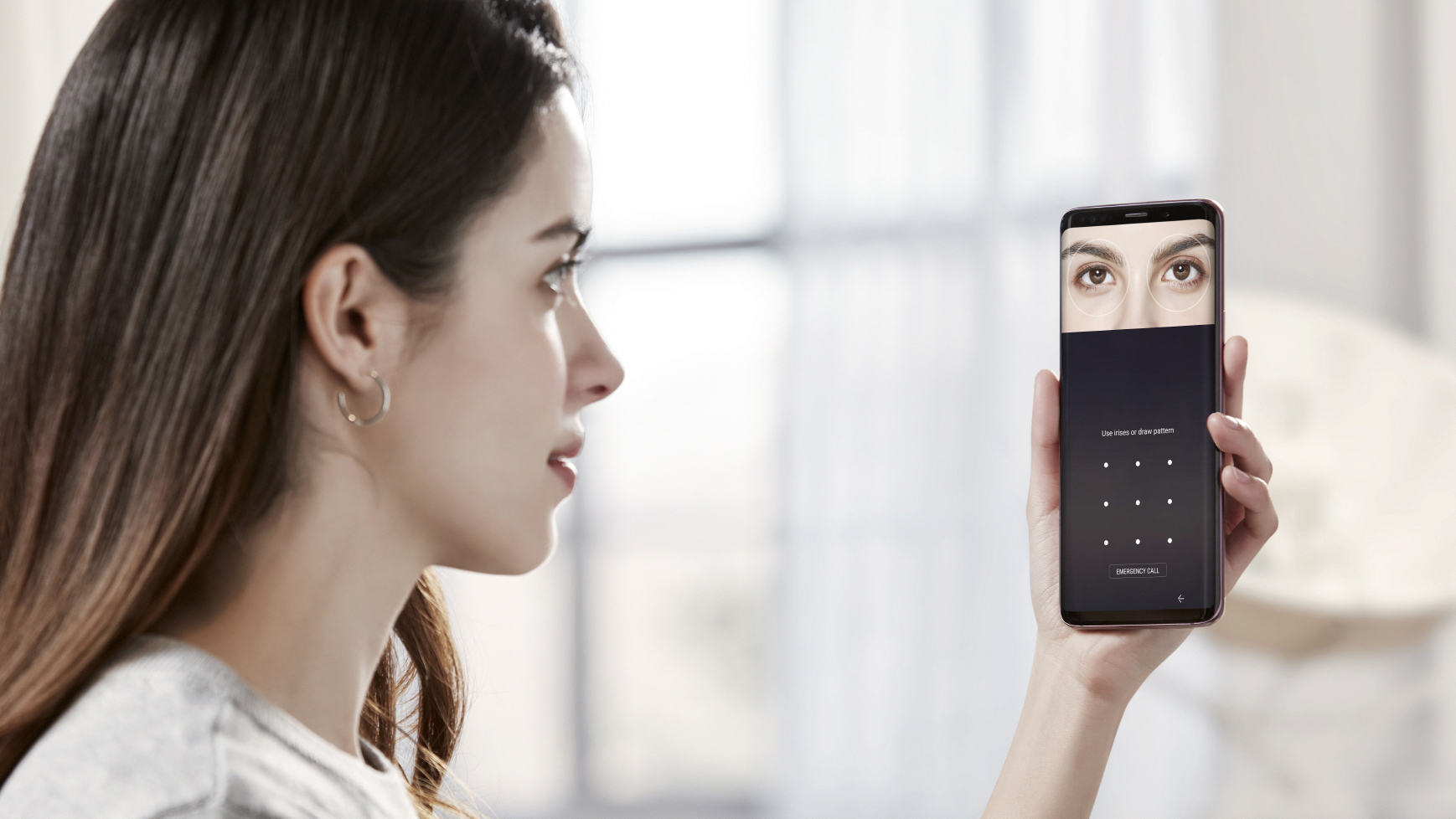

The upcoming Galaxy S10 and Galaxy S10 Plus will ship with an answer to the Face ID facial recognition system that powers rival flagship handsets from Apple.
Samsung looks set to leverage a technology known as Dynamic Vision, based on the IBM-developed system TrueNorth, which is designed to work like a human brain. Built of 4,096 tiny computing cores, these fire like the tiny neurons inside the human brain – sending short messages to one another to quickly process data.
This cutting-edge new technology allows, amongst other things, the chip to record videos at a breath-taking speed of 2,000 frames-per-second. For comparison, the super slow motion mode on the Galaxy S9 – which was limited to 0.2-second bursts because of the limitations of the chipset – only managed 960fps.
However, Samsung likely won't be 2,000fps recording for ridiculously slow-motion video recording capabilities. Instead, the new functionality is likely to be employed to ensure fast and thorough facial mapping – which will enable Galaxy S10 owners to use their face to quickly unlock the handset and authenticate payments.
The Galaxy S8 and Galaxy S9 already some level of facial recognition. However, neither implementation is particularly secure, with Samsung warning on the Galaxy S8 product page that “face recognition is less secure than pattern, PIN, or password”.
As such, the system cannot be used to authenticate contactless payments via Samsung Pay or mobile transactions within the store.
Apple ditched its fingerprint scanning system, known as Touch ID, in favour of facial recognition with the launch of the iPhone X last year. Unlike the rival system from Samsung, Apple does allow iPhone owners to use their face to authenticate contactless payments via NFC, login to banking apps, and verify online payments.
Sign up to the T3 newsletter for smarter living straight to your inbox
Get all the latest news, reviews, deals and buying guides on gorgeous tech, home and active products from the T3 experts
According to Apple, the chances of a random fingerprint being able to unlock your iPhone via Touch ID was approximately 1 in 50,000. In comparison, the rate of failure for Face ID is 1 in 1,000,000 with a single enrolled appearance. That's twenty times more secure than a fingerprint sensor.
Whether Samsung is able to match this level of security with its new system remains to be seen.
The revelation that Samsung will bring the updated the facial recognition system to its next-generation flagship smartphone come courtesy of LetsGoDigital, which spotted that the South Korean company recently applied to trademark the brand names Dynamic Vision, Private Vision and Detect Vision.
The application was made to the Korean Intellectual Property Office (KIPO). Samsung previously used the brand name Dynamic Vision when discussing how it would adapt the aforementioned IBM-developed TrueNorth chip technology.
Speaking to Cnet about the system at the time, Samsung claimed its Dynamic Vision chip would be hugely efficient – despite the frankly ridiculous number of frames being poured over in real-time to analyse faces and authenticate phone owners.
According to Samsung, its TrueNorth-based system consumes some 300 milliwatts of power – about a hundredth of a laptop processor, or tenth of a phone processor.
As a former Staff Writer for T3, Aaron writes about almost anything shiny and techie. When he’s not barking orders at Alexa-powered microwaves or gawping at 5G speed tests, Aaron covers everything from smartphones, tablets and laptops, to speakers, TVs and smart home gadgets. Prior to joining T3, Aaron worked at the Daily Express and and MailOnline.
-
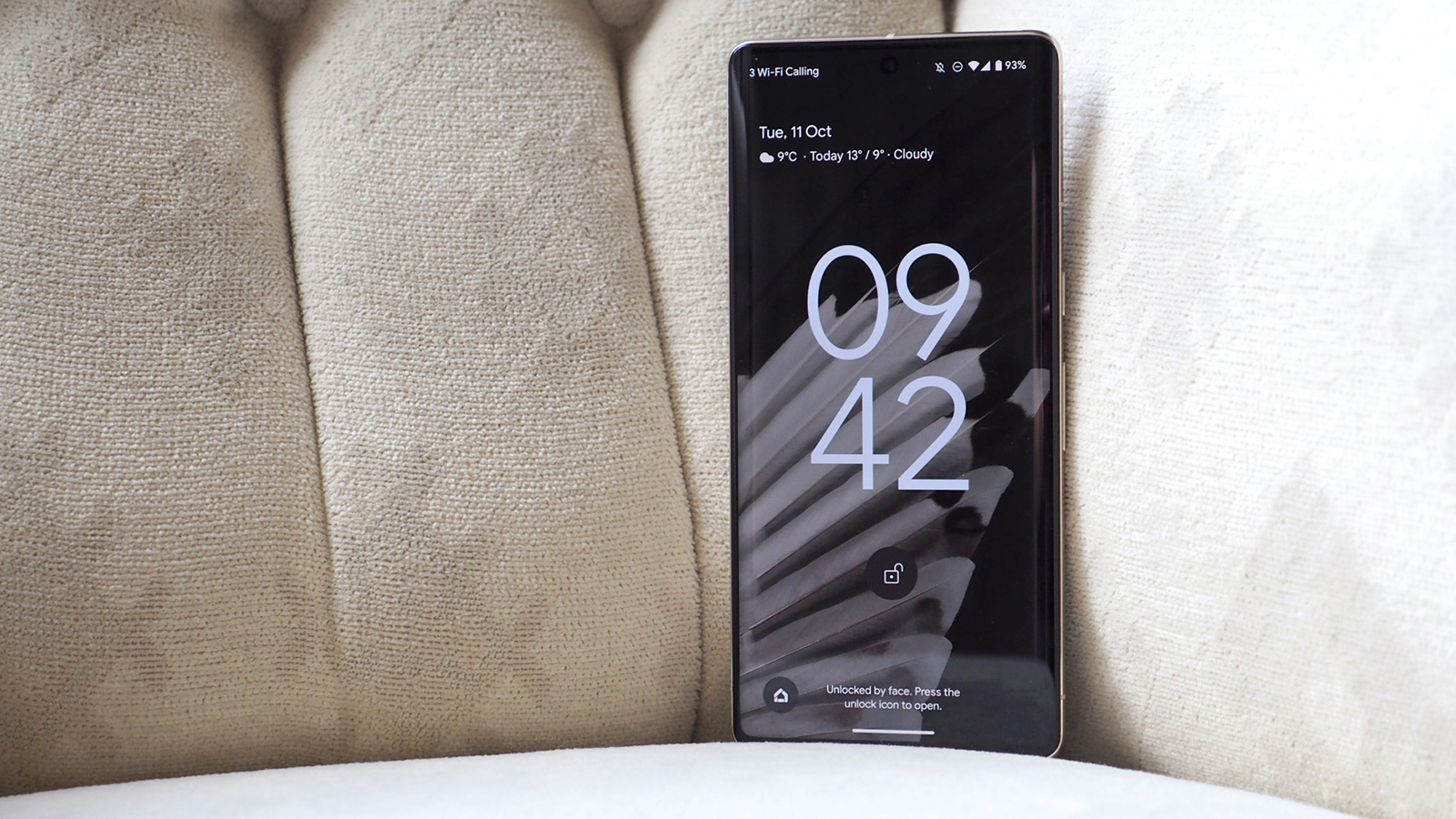 Even after iOS 17, here's why I won't swap Android for an iPhone
Even after iOS 17, here's why I won't swap Android for an iPhoneAndroid still has its advantages, even with Apple's upcoming iOS 17 upgrades
By David Nield
-
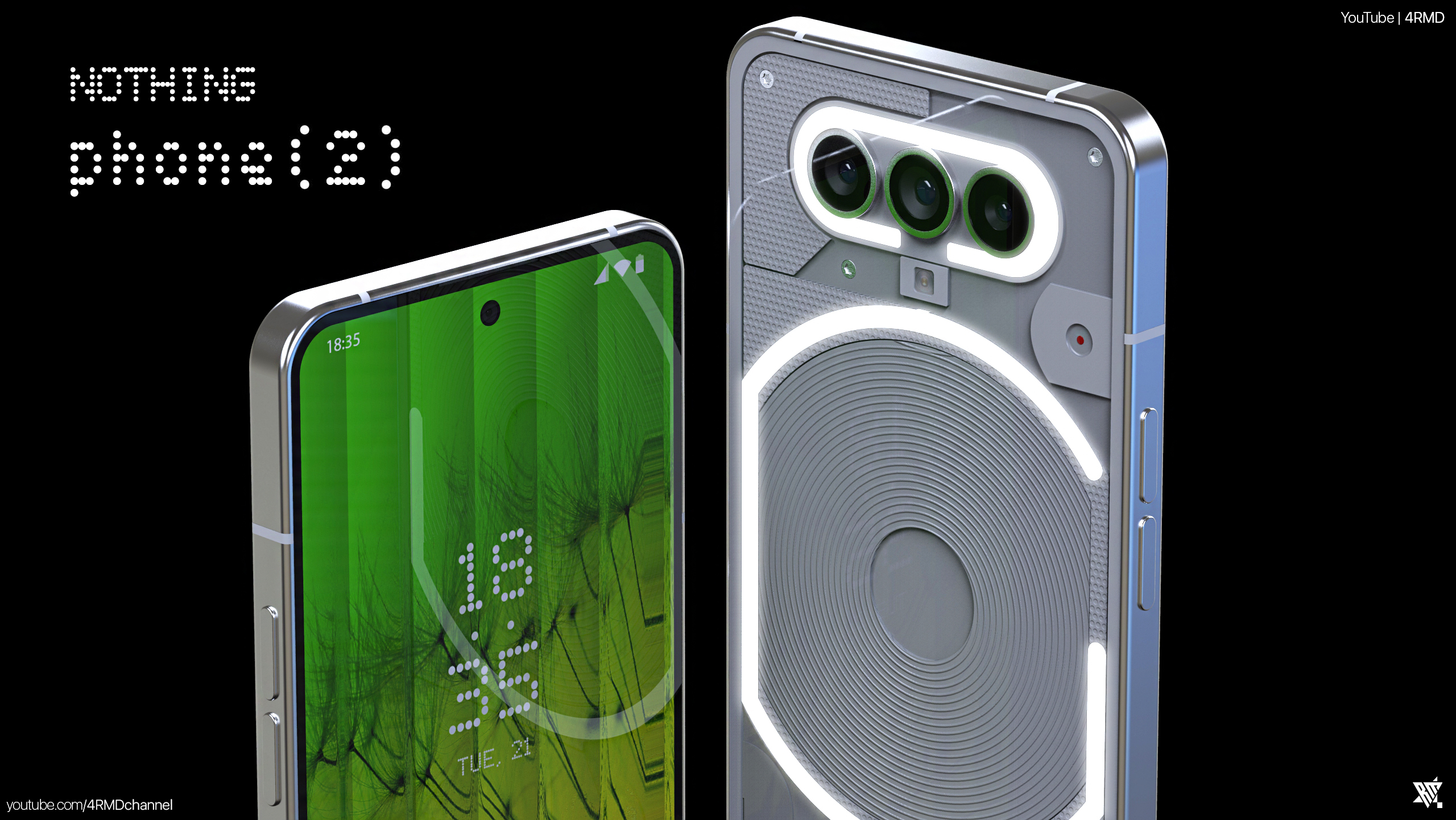 These (3) Nothing Phone (2) features would instantly make it my next phone
These (3) Nothing Phone (2) features would instantly make it my next phoneNothing’s next flagship could be something special
By Andy Sansom
-
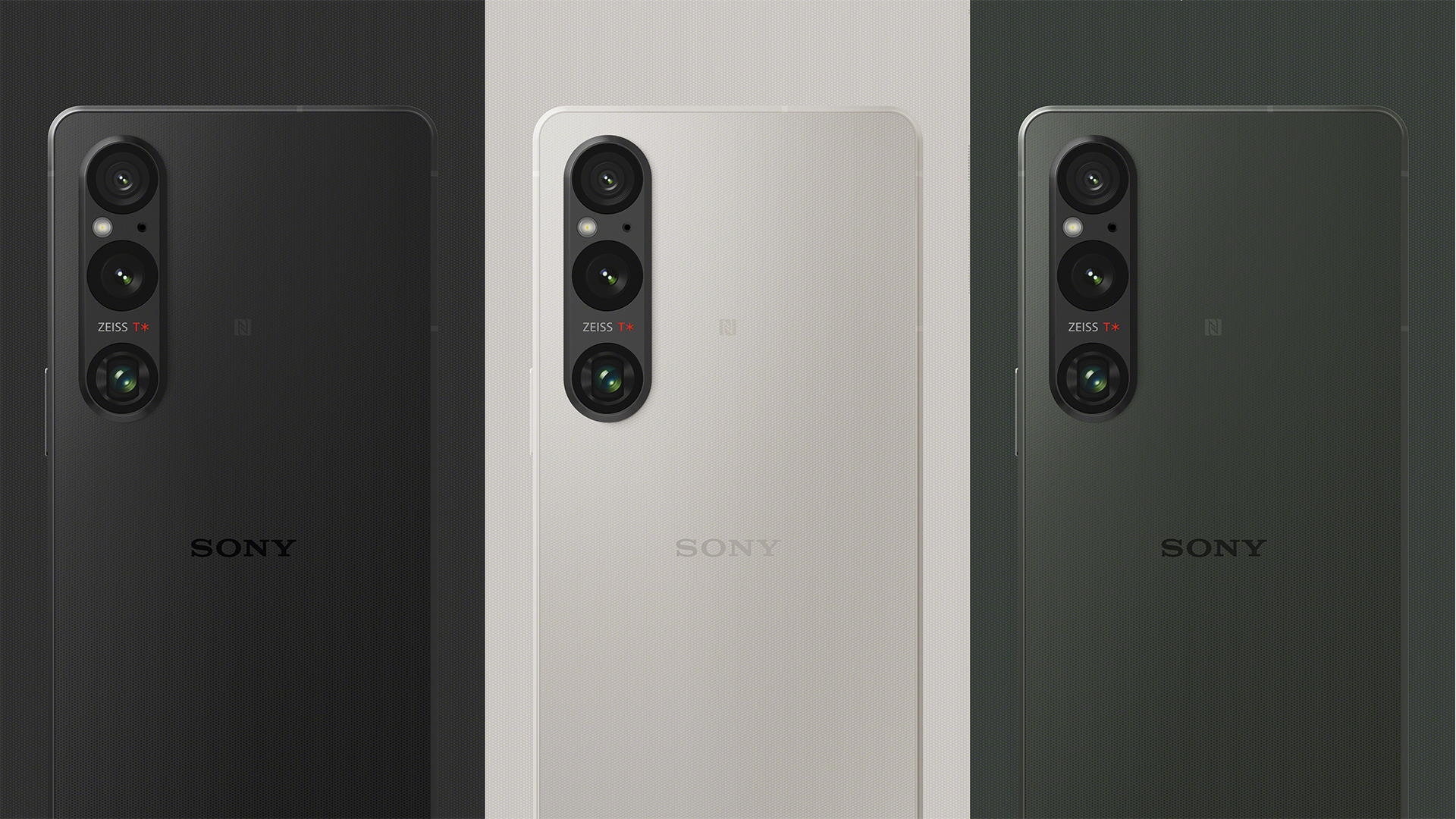 Is Sony's Xperia 1 V going to be 2023's most underrated phone?
Is Sony's Xperia 1 V going to be 2023's most underrated phone?Don’t let Sony’s newest flagship fly under the radar
By Andy Sansom
-
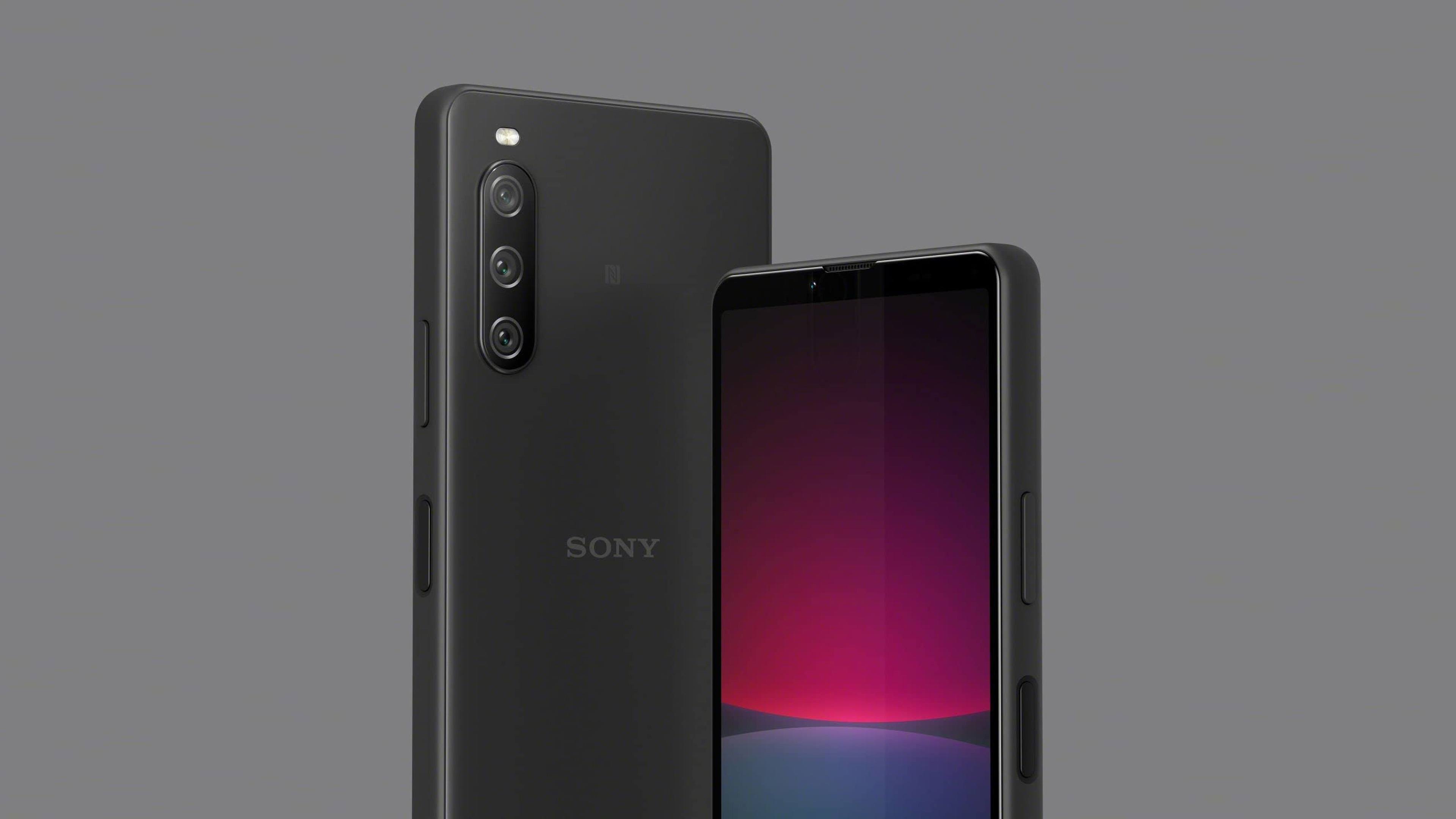 Sony Xperia 10 IV review: Bossing battery life, but little else
Sony Xperia 10 IV review: Bossing battery life, but little elseA small and affordable Android phone with killer battery life, but underwhelming spec at this price point
By Andrew Williams
-
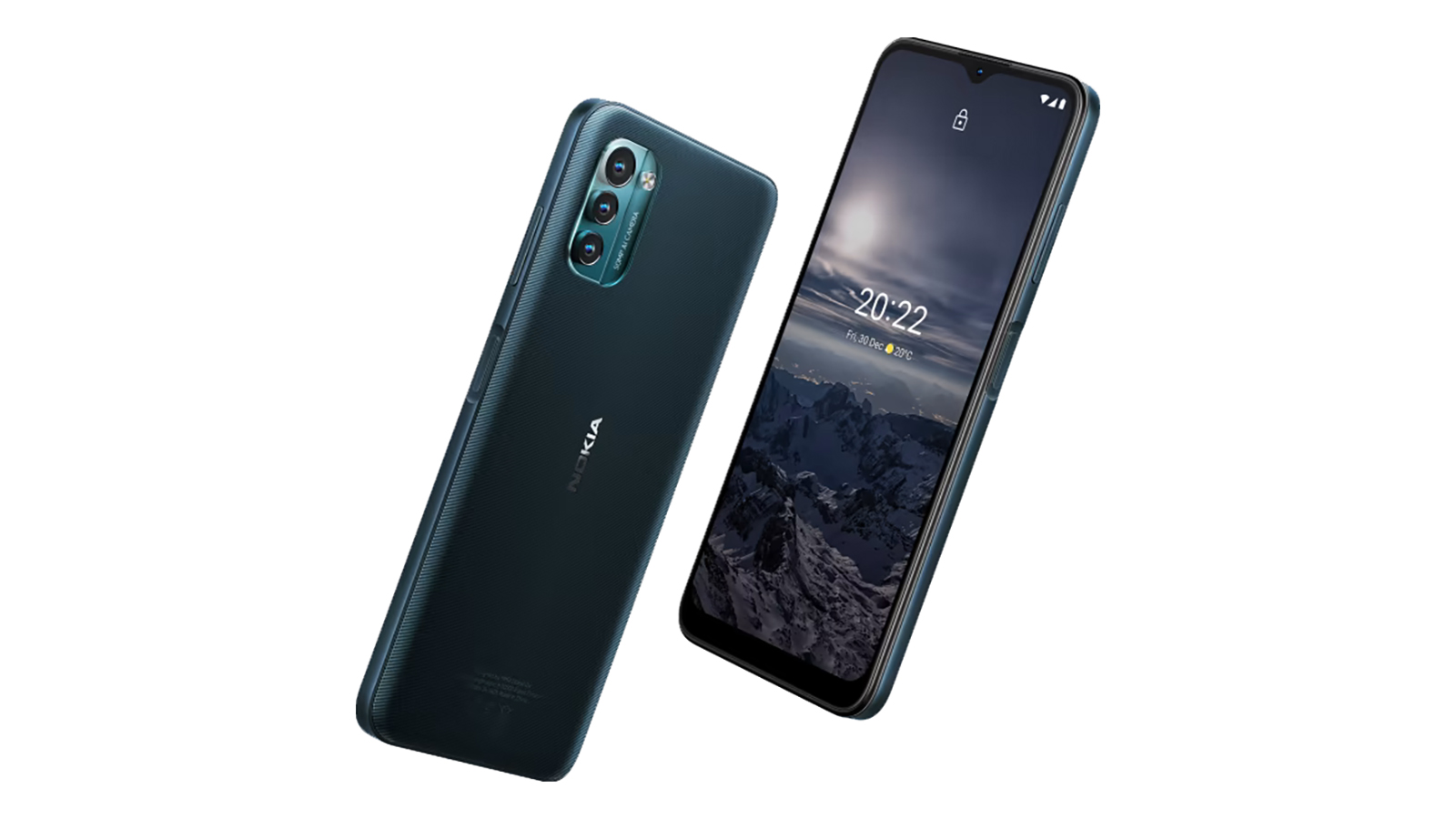 Nokia G21 review: Cheap and cheerful or a low-cost letdown?
Nokia G21 review: Cheap and cheerful or a low-cost letdown?The Nokia G21 is very cheap to buy – but is it value for money or too budget for its own good?
By David Nield
-
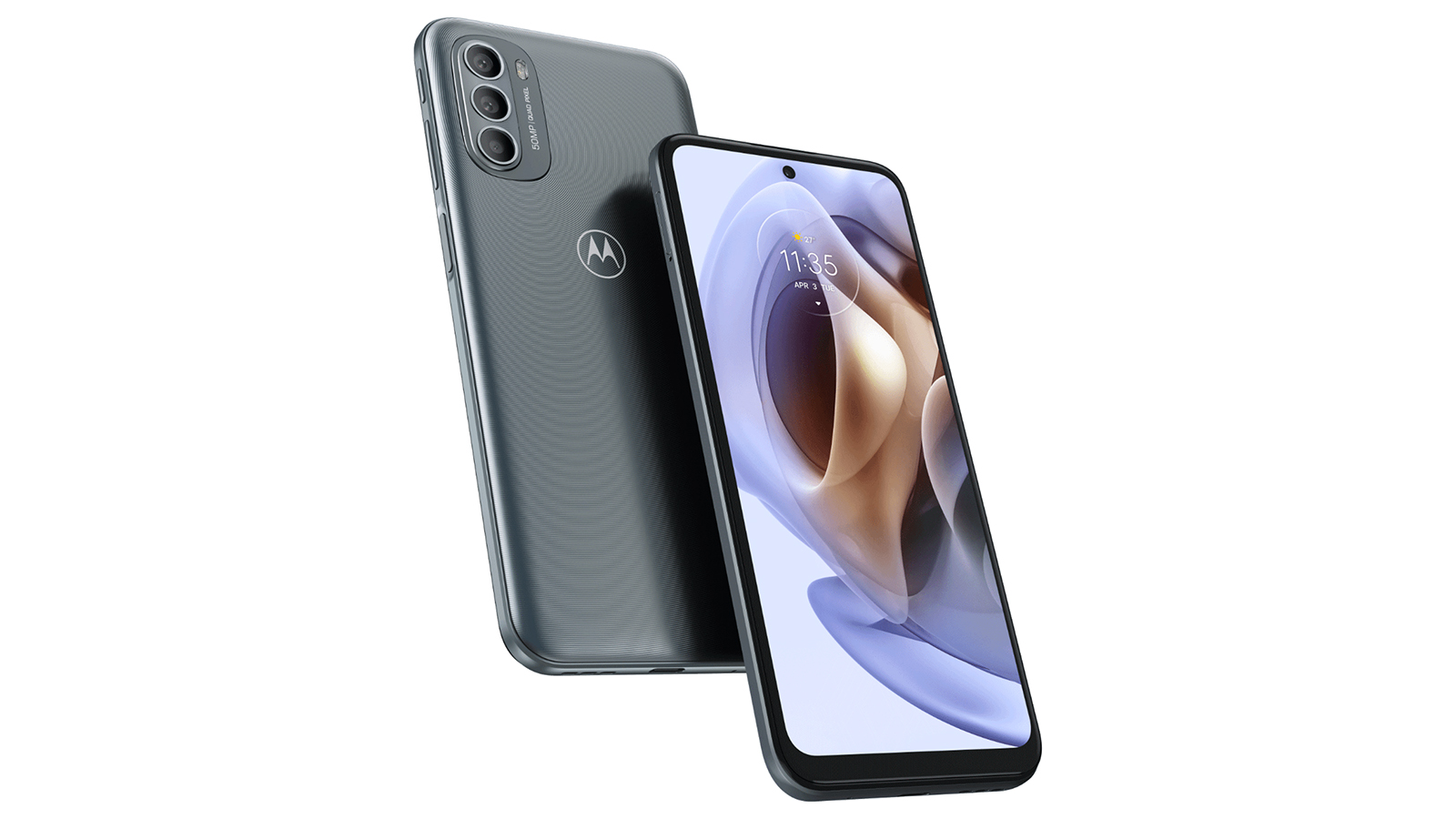 Moto G31 review: another excellent value budget phone from Motorola
Moto G31 review: another excellent value budget phone from MotorolaThe Moto G31 isn't 5G-ready or particularly fast, but it's still worth a look
By David Nield
-
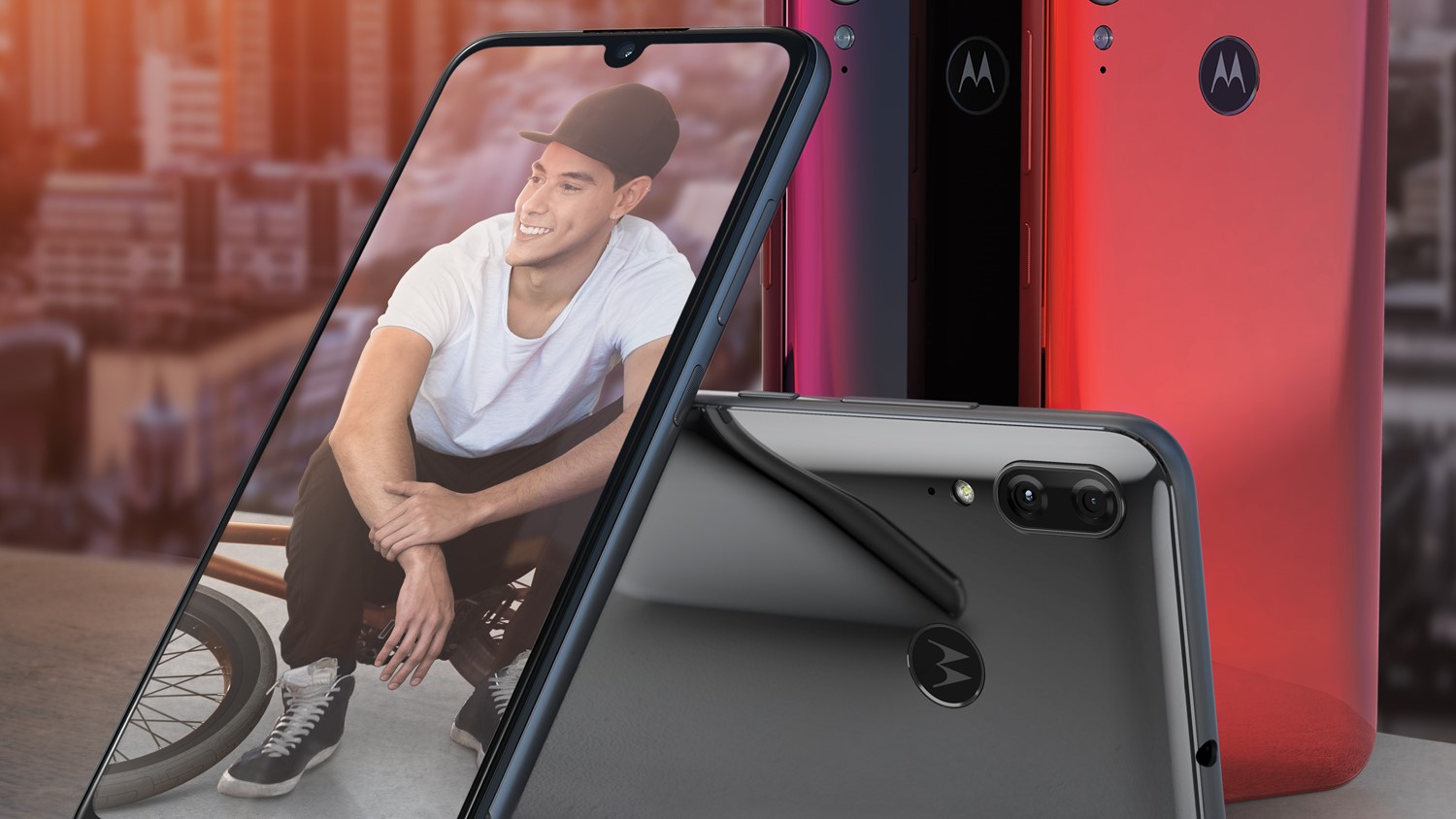 Motorola Moto E6 Plus review: cheap smartphone, basic features
Motorola Moto E6 Plus review: cheap smartphone, basic featuresThe Motorola Moto E6 Plus will be good for everyday tasks like messaging and calling
By Yasmine Crossland
-
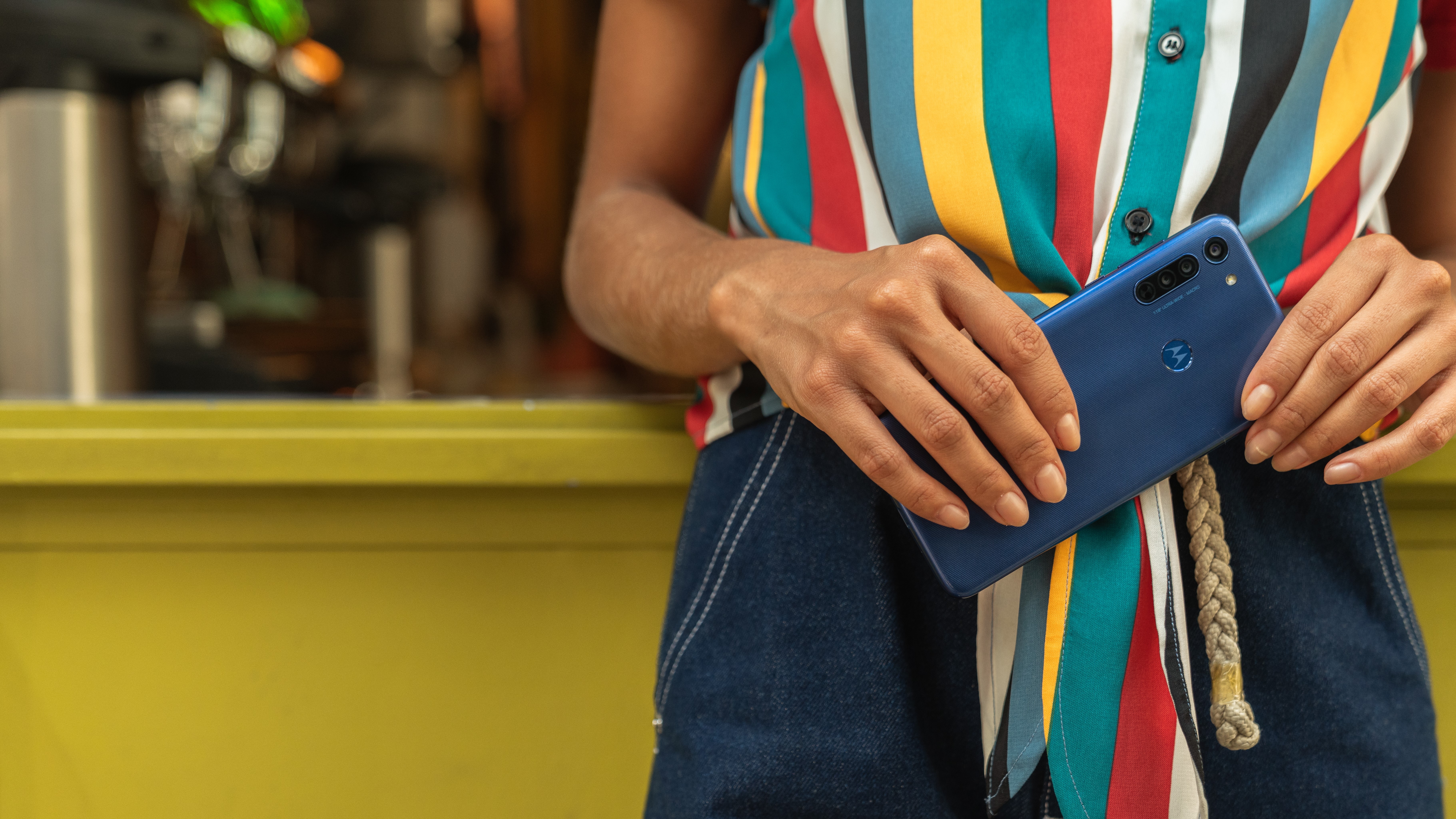 Moto G8 review: a decent smartphone on a tight budget
Moto G8 review: a decent smartphone on a tight budgetThe Moto G8 won’t wow you with specs, but it will get the job done
By Yasmine Crossland

